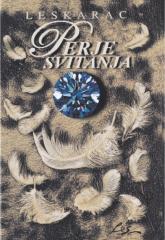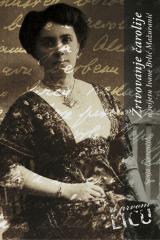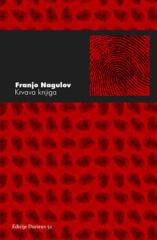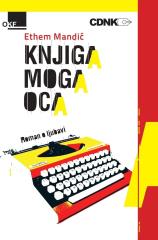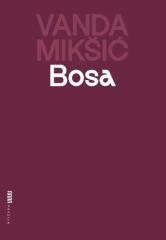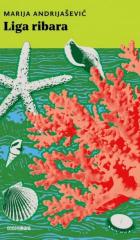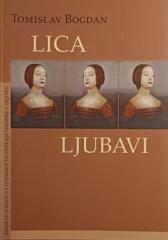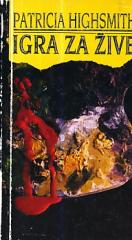Latest in the offer
Perje svitanja
In Leskarc's poems, we will quickly find themes about art and creativity, the Croatian language and folk customs, and national heritage.
Žrtvovanje čarolije u svijetu Ivane Brlić Mažuranić
The essays collected in this book reveal the origins and meanders of Sanja Lovrenčić's years-long search for the authentic character of Ivana Brlić Mažuranić.
Krvava knjiga
Franjo Nagulov's new poetry collection, The Bloody Book, is a dark record of the decline of a society.
Crni zec (sabrane i nove pjesme)
The title poem, "The Black Rabbit," represents a kind of symbolist maneuver within "real" poetry, because like Baudelaire's "Albatross," it possesses a pronounced unambiguous charge.
Knjiga moga oca
This is a biography about my father made up of memories and mere imagination. History does not exist, and neither do facts. The past is unknown.
Bosa
Fusions in search of fragments of identity, in a combination of verses and prose fragments, are at the forefront of this collection.
Liga ribara
The League of Fishermen brings together everything that makes us read Marija Andrijašević: complex characters, flexible and sumptuous language, convincing dialogues and stories that will hook you with discreet humor.
Lica ljubavi
The status of the lyrical subject in the canzonier of Đora Držić
Igra za žive
This classic crime detective novel, written in the familiar Highsmith style, investigates the murder of the eccentric Leila, a good friend and lover of many men.
Šeprtlja
Two men - one a murderer and one who just wanted to kill. And two crimes - one murder and one suicide.
